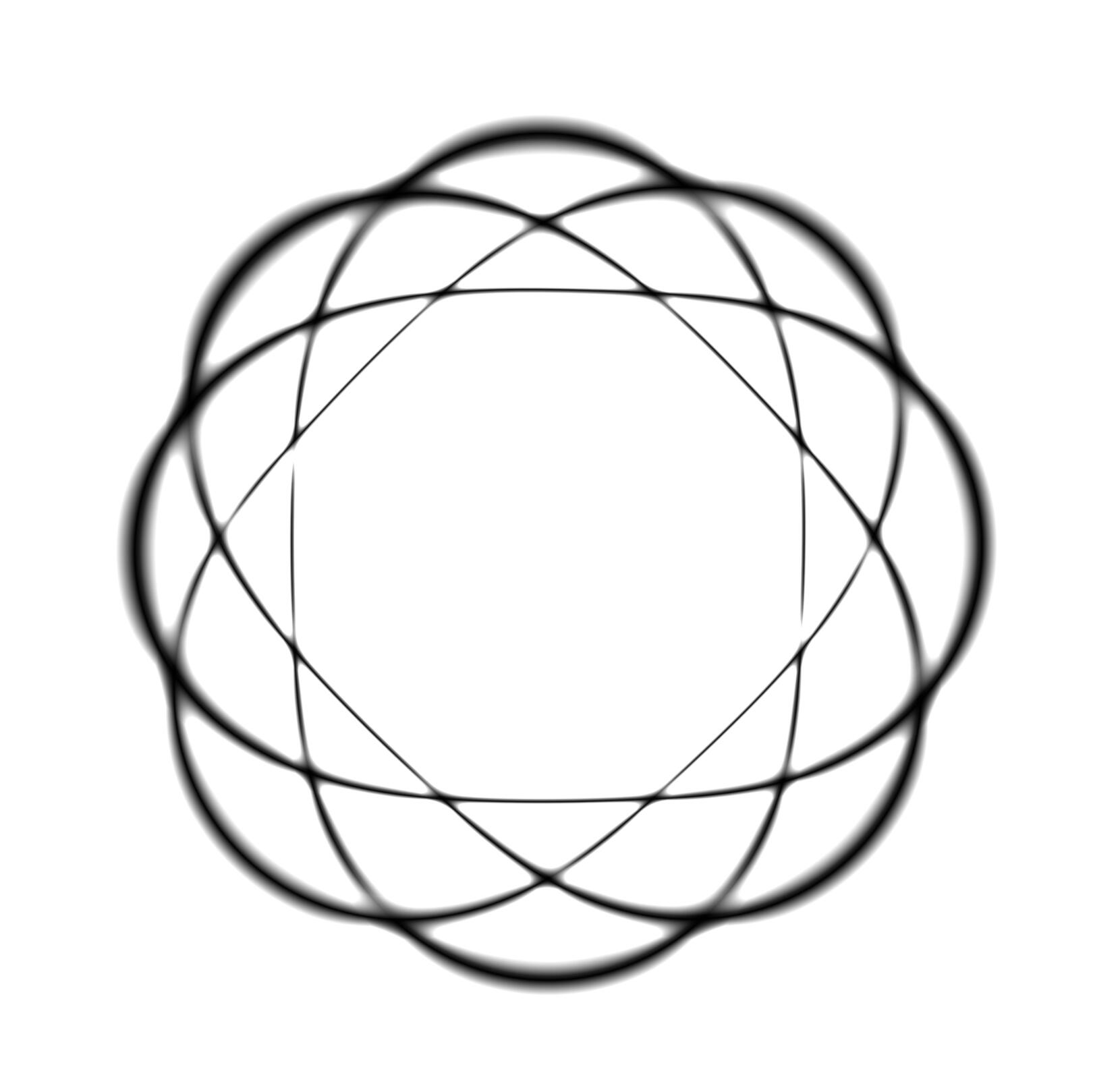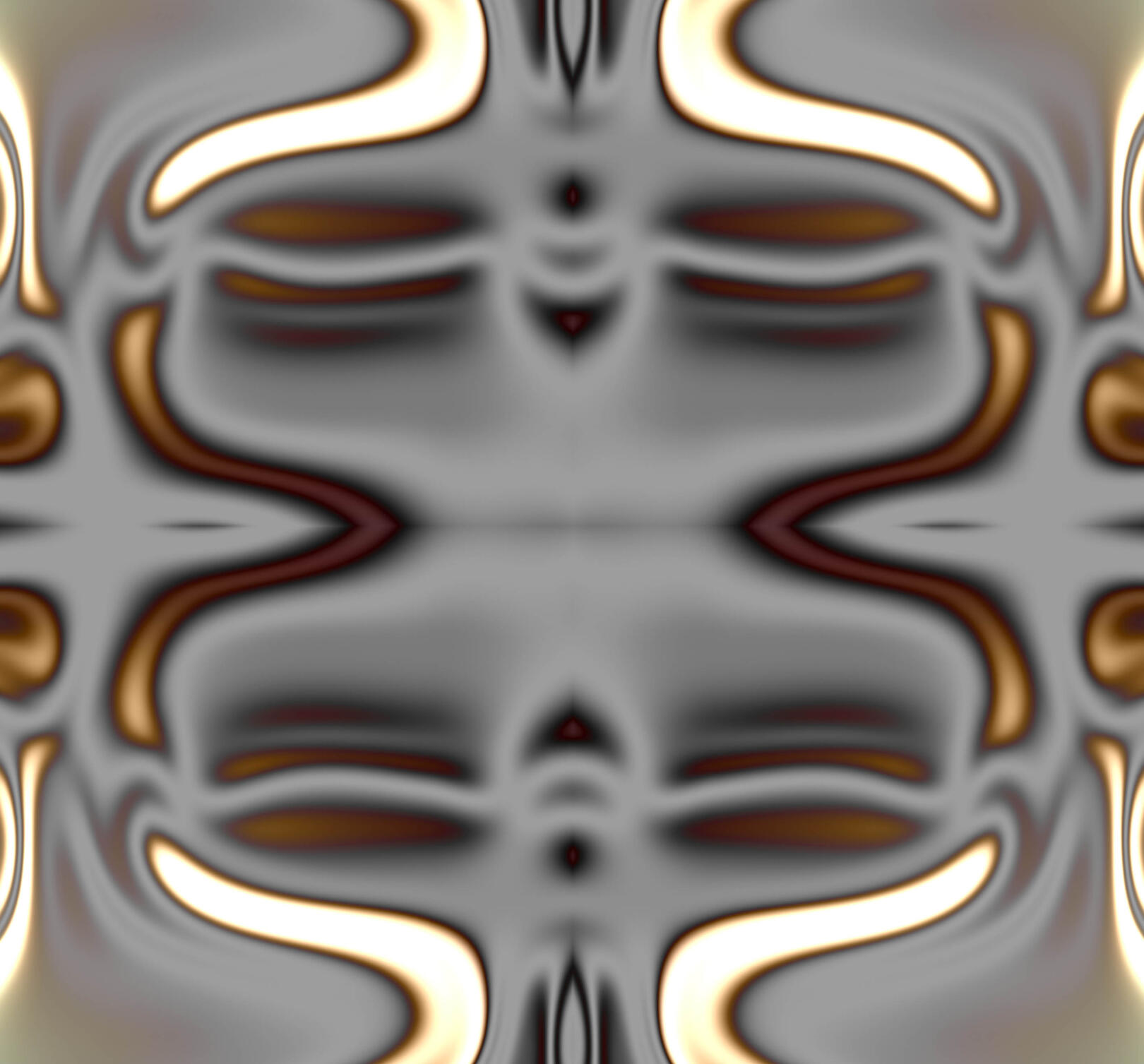MIND-BLANK
NETWORK

Have you ever waited for train doors to open, caught in a moment of anticipation where your mind feels blank—neither fully engaged with your surroundings nor actively thinking?
These fleeting gaps, where attention drifts and mental content fades, define the phenomenon of mind-blanking.This is a network for and by people working on mind-blanking and related topics in the cognitive sciences. The network’s purpose is to foster collaboration and knowledge exchange among research centres. Explore this platform for access to the latest research, resources, and community discussions on mind-blanking.Interested in joining the conversation or contributing to the network? Reach out to us at [email protected]
Research outputs
Andrillon, T., Lutz, A., Windt, J., & Demertzi, A. Where is my Mind?: A Neurocognitive Investigation of Mind Blanking.Sakuragi, M., Shinagawa, K., Terasawa, Y., & Umeda, S. (2024). The body mirroring thought: The relationship between thought transitions and fluctuations in autonomic nervous activity mediated by interoception. Consciousness and Cognition, 125, 103770.Unsworth, N., Miller, A. L., & Strayer, D. L. (2024). Does deep processing protect against mind wandering and other lapses of attention during learning? Memory, 1-9.Beikmohamadi, L. A., & Meier, M. E. (2024). Examining the relations among working memory capacity, attention-deficit/hyperactivity disorder symptomology, and conscious experience. Psychology of Consciousness: Theory, Research, and Practice, 11(2), 217.Mathews, N. K., Bin Faiz, U., & Brosowsky, N. P. (2024). How do you know if you were mind wandering? Dissociating explicit memories of off task thought from subjective feelings of inattention. Open Mind, 8, 666-687.Boulakis Paradeisios, A., Simos Nicholas, J., Zoi, S., Mortaheb, S., Schmidt, C., Raimondo, F., & Demertzi, A. (2024). Variations of autonomic arousal mediate the reportability of mind-blanking occurrences.Musat, E. M., Corcoran, A. W., Belloli, L., Naccache, L., & Andrillon, T. (2024). Mind the blank: behavioral, experiential, and physiological signatures of absent-mindedness. bioRxiv, 2024-02.Alexandros, B. P., John, S. N., Stefania, Z., Sepehr, M., Christina, S., Federico, R., & Athena, D. (2024). Variations of autonomic arousal mediate the reportability of mind-blanking occurrences. bioRxiv, 2024-03.Zaky, M. H., Shoorangiz, R., Poudel, G. R., Yang, L., Innes, C. R., & Jones, R. D. (2024). Conscious but not thinking—Mind‐blanks during visuomotor tracking: An fMRI study of endogenous attention lapses. Human Brain Mapping, 45(11), e26781.Boulakis, P., & Demertzi, A. (2024). What’s the blank about? Relating mind-blanking to aspects of ongoing thinking.Demertzi, A. (2024, July). Mind blanking as involuntary manifestation of contentless thinking. In Symposium:" Voluntary and Involuntary conscious visualizations: from visual mental imagery to dreams".Kawagoe, T., Yoshimura, S., Muranaka, S., Xethakis, L., & Onoda, K. (2024). Developing the Japanese and English versions of the Mind Blanking Questionnaire (MBQ): validation and reliability. Personality and Individual Differences, 220, 112539.Kaufmann, A., Parmigiani, S., Kawagoe, T., Zabaroff, E., & Wells, B. (2024). Two models of mind blanking. European Journal of Neuroscience, 59(5), 786-795.Boulakis, P. A., Mortaheb, S., Van Calster, L., Majerus, S., & Demertzi, A. (2023). Whole-brain deactivations precede uninduced mind-blanking reports. Journal of Neuroscience, 43(40), 6807-6815.Mortaheb, S. (2023). Resting Brain and Mind, How brain dynamics are associated with ongoing cognition.Koroma, M., Robert de Beauchamp, A., Mortaheb, S., Boulakis, P., Bastin, C., & Demertzi, A. (2023). Elsewhere or Blanked? Ongoing mental states are regulated by pupil-linked arousal and attentional style in healthy ageing. bioRxiv.Fell, J., Chaieb, L., & Hoppe, C. (2023). Mind wandering in anxiety disorders: a status report. Neuroscience & Biobehavioral Reviews, 105432.Boulakis, P. (2022, June). Missing our own thoughts: Insights from Mind-Blanking. In 2022 Annual Meeting of the Belgian Association of Psychological Sciences.Mortaheb, S., Van Calster, L., Raimondo, F., Klados, M. A., Boulakis, P. A., Georgoula, K., ... & Demertzi, A. (2022). Mind blanking is a distinct mental state linked to a recurrent brain profile of globally positive connectivity during ongoing mentation. Proceedings of the National Academy of Sciences, 119(41), e2200511119.Chaieb, L., Hoppe, C., & Fell, J. (2022). Mind wandering and depression: A status report. Neuroscience & Biobehavioral Reviews, 133, 104505.Fell, J. (2022). What is mind blanking: A conceptual clarification. European Journal of Neuroscience, 56(6), 4837-4842.Andrillon, T., Burns, A., Mackay, T., Windt, J., & Tsuchiya, N. (2021). Predicting lapses of attention with sleep-like slow waves. Nature Communications, 12(1), 3657.Mortaheb, S., Klados, M. A., Van Calster, L., Boulakis, P. A., Georgoula, K., Majerus, S., & Demertzi, A. (2021). Mind blanking is associated with a rigid spatio-temporal profile in typical wakefulness. BioRxiv.Lanier, J., Noyes, E., & Biederman, J. (2021). Mind wandering (internal distractibility) in ADHD: A literature review. Journal of attention disorders, 25(6), 885-890.Andrillon, T., Burns, A., Mackay, T., Windt, J., & Tsuchiya, N. (2020). Wandering minds, sleepy brains: lapses of attention and local sleep in wakefulness.Frick, M. A., Asherson, P., & Brocki, K. C. (2020). Mind‐wandering in children with and without ADHD. British Journal of Clinical Psychology, 59(2), 208-223.Robison, M. K., Miller, A. L., & Unsworth, N. (2020). A multi-faceted approach to understanding individual differences in mind-wandering. Cognition, 198, 104078.Madiouni, C., Lopez, R., Gely-Nargeot, M. C., Lebrun, C., & Bayard, S. (2020). Mind-wandering and sleepiness in adults with attention-deficit/hyperactivity disorder. Psychiatry Research, 287, 112901.Kawagoe, T., Onoda, K., & Yamaguchi, S. (2019). The neural correlates of “mind blanking”: When the mind goes away. Human Brain Mapping, 40(17), 4934-4940.Kawagoe, T., Onoda, K., & Yamaguchi, S. (2018). Different pre‐scanning instructions induce distinct psychological and resting brain states during functional magnetic resonance imaging. European Journal of Neuroscience, 47(1), 77-82.Unsworth, N., & Robison, M. K. (2018). Tracking arousal state and mind wandering with pupillometry. Cognitive, Affective, & Behavioral Neuroscience, 18, 638-664.Andrillon, T., Windt, J., Silk, T., Drummond, S. P., Bellgrove, M. A., & Tsuchiya, N. (2019). Does the mind wander when the brain takes a break? Local sleep in wakefulness, attentional lapses and mind-wandering. Frontiers in neuroscience, 13, 949.McCormick, C., Rosenthal, C. R., Miller, T. D., & Maguire, E. A. (2018). Mind-wandering in people with hippocampal damage. Journal of Neuroscience, 38(11), 2745-2754.Van den Driessche, C., Bastian, M., Peyre, H., Stordeur, C., Acquaviva, É., Bahadori, S., ... & Sackur, J. (2017). Attentional lapses in attention-deficit/hyperactivity disorder: Blank rather than wandering thoughts. Psychological science, 28(10), 1375-1386.Ward, A. F., & Wegner, D. M. (2013). Mind-blanking: When the mind goes away. Frontiers in psychology, 4, 650.Moraitou, D., & Efklides, A. (2009). The blank in the mind questionnaire (BIMQ). European Journal of Psychological Assessment, 25(2), 115-122.
Seminars
An online seminar programme starting in 2025; bringing together researchers for discussions and talks about mind-blanking and nearby concepts.
Contact details
email: [email protected]
